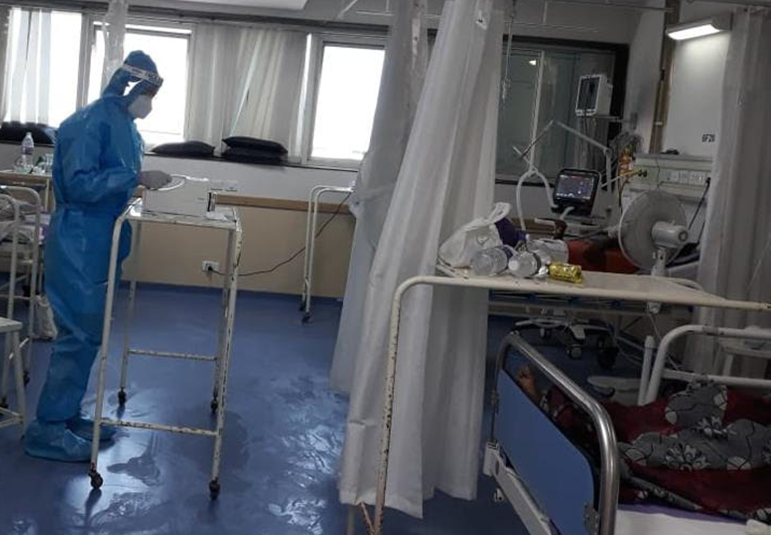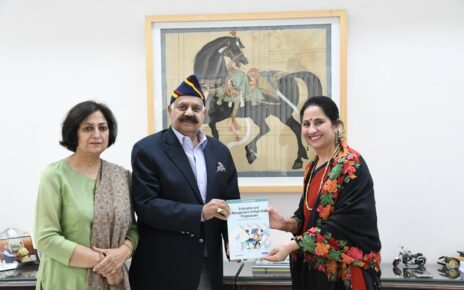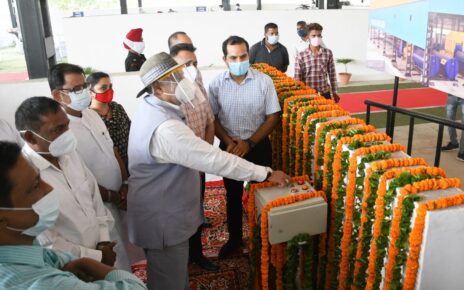A study by city-based CSIR-Centre for Cellular and Molecular Biology (CCMB) and CSIR-Institute of Microbial Technology (IMTech), Chandigarh, has claimed that the novel Coronavirus can remain in the air for more than two hours. However, scientists say preventive measures such as wearing masks can help in containing its spread.
The scientists collected more than 64 samples from hospitals — three in Hyderabad and three in Chandigarh — to find out if the virus particles can be found in air samples in the hospital wards
They used an air sampler that can collect the virus particles, and then looked for their presence using RT-PCR. “In this study, the Coronavirus was found in air samples from Covid-19 wards from hospitals but not from non-Covid-19 wards. This suggests that the demarcation of hospital zones has been an effective strategy,” the release said.
According to the study, the rooms wherein positive patients spent time had the coronavirus lingering in the air for more than two hours. Moreover, it can spread farther than two metres from the sitting area of the patients.
The study also showed the chance of picking up SARS-CoV-2 is directly related to the number of positive cases in the room, their symptomatic status and the duration of exposure. When Coronavirus patients have spent longer hours in a room, the virus was found in the air for more than two hours even farther than two metres from their seating places.
“But for asymptomatic cases, they showed the virus does not spread farther from them when they are seated in a room without perceived airflow due to a fan or AC,” it said. Director Rakesh Mishra said, “These findings strengthen the importance of Covid-19 preventive guidelines that are already in place to curb the pandemic. If we ensure that we follow hygiene protocols such as regular handwashing, using masks effectively and preventing symptomatic people from public mixing, we can start getting back to normalcy more comfortably.”




